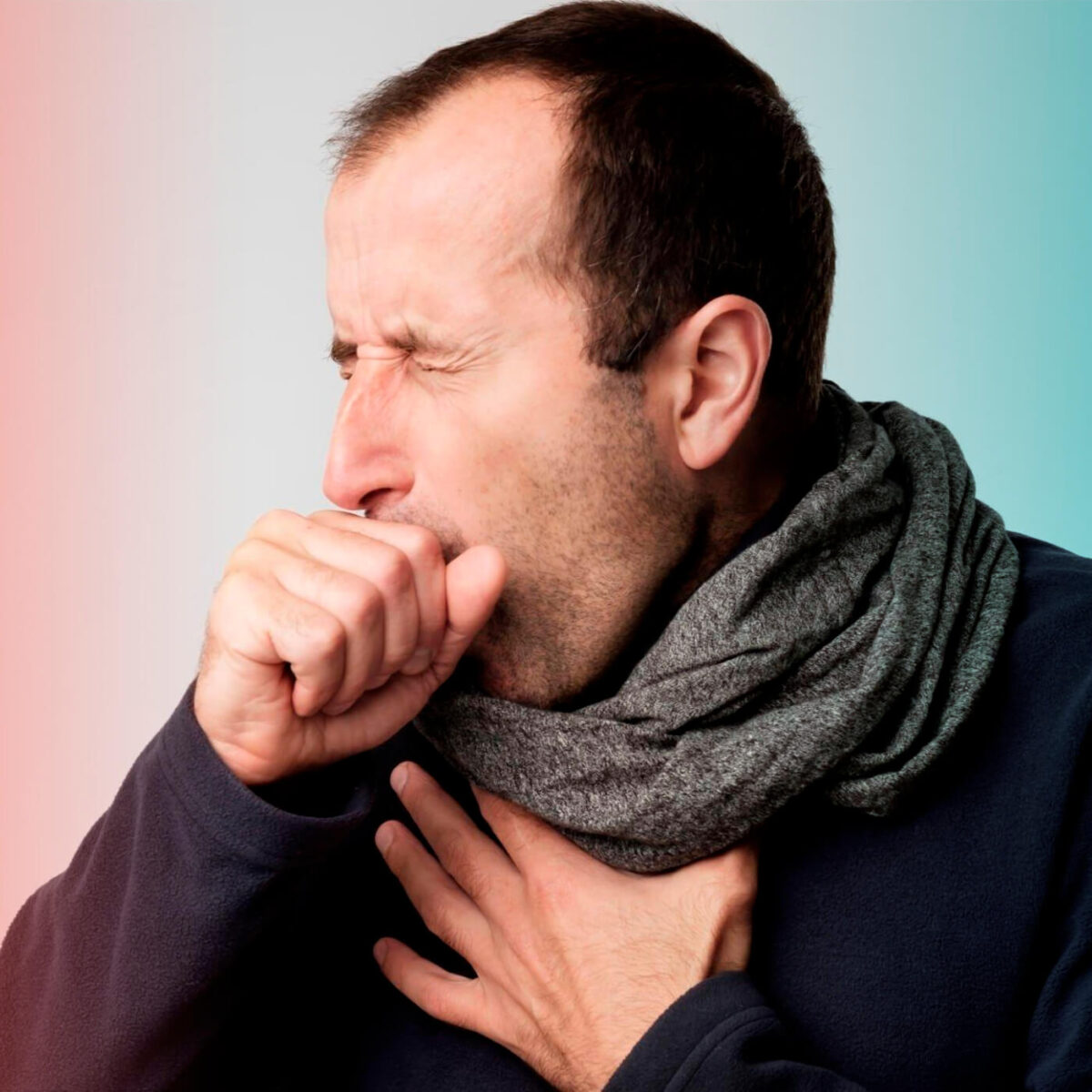Coughs & Colds
OUR PROCESS
Asthma
Asthma is a chronic respiratory condition characterized by recurring episodes of wheezing, coughing, shortness of breath, and chest tightness. Treatment involves using quick-relief medications during attacks to open up the airways and long-term control medications to reduce inflammation and prevent symptoms. Avoiding triggers, developing an asthma action plan, and working with a healthcare professional are key for managing asthma effectively.
Chest Infection
A chest infection refers to an infection that affects the lungs or airways, leading to symptoms such as coughing, chest congestion, chest pain, shortness of breath, and sometimes fever. Common causes of chest infections include viral or bacterial respiratory infections, such as the flu or pneumonia. Other conditions like bronchitis or bronchiolitis can also cause chest infections. Treatment for a chest infection depends on the underlying cause and severity of symptoms. It may involve rest, hydration, over-the-counter cough suppressants or expectorants, pain relievers, and, in some cases, antibiotics if a bacterial infection is present.
The Flu (influenza)
The flu, or influenza, is a contagious respiratory illness caused by viruses. It leads to symptoms like fever, cough, sore throat, muscle aches, and fatigue. It spreads through respiratory droplets or touching contaminated surfaces. Rest, fluids, and over-the-counter medications can help manage symptoms. Antiviral medications may be prescribed in some cases. Getting an annual flu vaccine reduces the risk. Practicing good hygiene and staying home when sick can prevent its spread. Severe complications can occur, especially in high-risk groups. Seek medical attention if symptoms are severe or for high-risk individuals.
Pneumonia
Pneumonia is an infection that inflames the air sacs in one or both lungs. It can be caused by bacteria, viruses, fungi, or other microorganisms. Common symptoms of pneumonia include cough, chest pain, fever, chills, shortness of breath, fatigue, and in some cases, coughing up phlegm. Pneumonia can range from mild to severe, and the severity often depends on the individual’s age and overall health. Treatment for pneumonia typically involves antibiotics for bacterial pneumonia or antiviral medications for viral pneumonia, along with rest, fluids, and over-the-counter pain relievers to manage symptoms. Hospitalization may be required for severe cases, especially in older adults or individuals with weakened immune systems. Prevention measures include getting vaccinated against bacterial and viral causes of pneumonia, practicing good hand hygiene, and avoiding close contact with individuals who have respiratory infections. If symptoms of pneumonia are present, it is important to seek medical attention for diagnosis and appropriate treatment.


